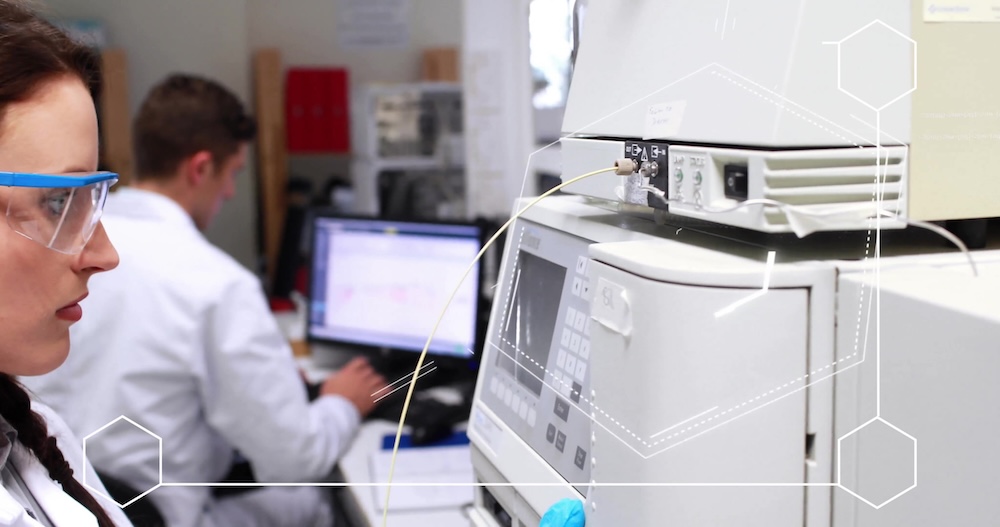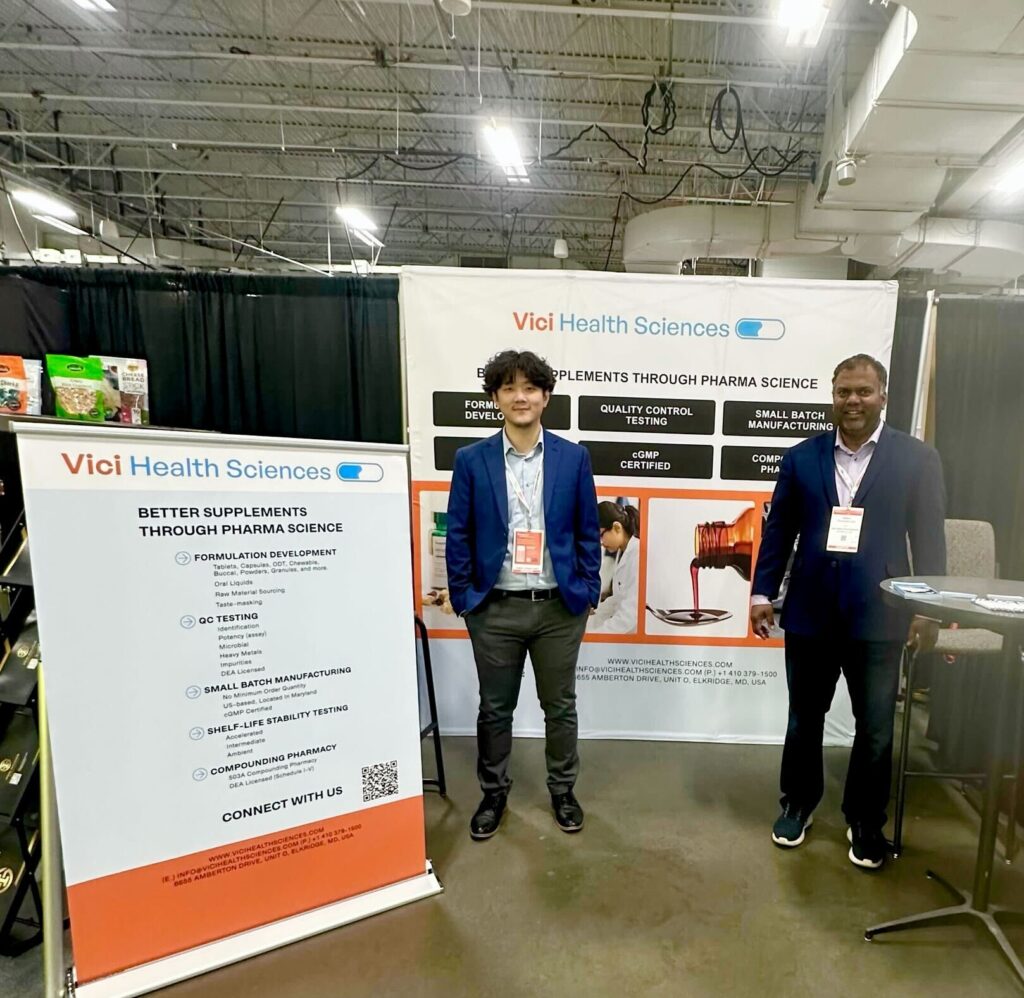What is a CDMO?
A CDMO, also sometimes referred to as a CMO, is a Contract Development and Manufacturing Organization that offers pharmaceutical drug development and manufacturing services to clients. CDMOs offer a wide range of formulation development and commercial manufacturing capabilities, reflecting the variety of pharmaceutical products available in the market today.
Difference Between a CDMO and CMO
A CDMO refers to a contract development and manufacturing organization while a CMO simply refers to a contract manufacturing organization. Despite the nuances between CMOs and CDMOs, it’s not uncommon for these acronyms to be used interchangeably. Some CMOs simply add development as part of their marketing even if it’s not one of their core competencies. It’s important to be aware of this when selecting the right CDMO to avoid risking your project to a provider with a shortage of capabilities.
There are CDMOs that specialize in clinical manufacturing and don’t have the scale to handle commercial manufacturing while some CMOs focus on commercial manufacturing and don’t have the expertise or efficiency to handle clinical manufacturing in a cost-effective manner. It all depends on the CDMO or CMO. In general, it’s best to select a CDMO or CMO most suited for the phase of your development project.
What Is a CRO?
A CRO refers to a contract research organization. The difference between a CRO and CDMO is most often related to the phase of pharmaceutical development effort they handle. CROs generally handle clinical studies or perform other non-manufacturing related research activities while a CDMO refers to a R&D or manufacturing organization that handles formulation development, analytical testing, clinical supplies manufacturing and commercial batch manufacturing.
Why Does Your Business Need a CDMO?
Most pharmaceutical companies work with CDMO partners to successfully develop and commercialize pharmaceutical products. Companies that develop and commercialize drug products need to remain nimble and focus their business on current and emerging market needs. Building and maintaining in-house capabilities to perform highly specialized, complex functions such as formulation development, analytical method development and testing, clinical trial material manufacturing, and commercial manufacturing for each of their products becomes prohibitively expensive and time consuming. Working with CDMOs offers companies the flexibility to respond quickly to market needs while reducing costs associated with maintaining such capabilities in-house.
How to Choose the Right CDMO for Your Project
No one CDMO can cover all the services and technologies required by client companies. Because of this, most CDMOs focus on their core competencies to provide clients with the highest quality service and best value for money. When selecting the right CDMO for your company, there are a few critical items to consider:
- The CDMO’s Core Competency
Finding the right CDMO to meet the phase-appropriate needs of your drug development program is important. For example, early-stage pharmaceutical and biotechnology companies should choose a development phase-oriented CDMO which has expertise in formulation development, R&D, and clinical trial manufacturing. Companies with a focus on these services are more capable, cost-effective, and better suited for early-stage companies as opposed to CDMOs whose core competency and primary revenue driver is centered around commercial manufacturing. Alternately, companies in need of tech transfer services should partner with a CDMO that focuses on large scale commercial manufacturing.
- Knowledge and Experience of the Technical Team
A convincing sales pitch or a tour of an impressive large-scale manufacturing facility is not always the best strategy when it comes to choosing which CDMO is best suited to service your drug development needs. Instead, ask to talk with their chief formulation scientist to evaluate his or her experience and to determine whether or not your priorities align with theirs. How familiar are they with different dosage forms? What’s their experience in developing manufacturing process? Skills such as formulation development, manufacturing process development, troubleshooting, and having an overall understanding of the drug development process are critical for companies seeking to develop and file NDAs (New Drug Applications) or ANDAs (Abbreviated New Drug Applications).
- True Cost and Timeline for Product Development & Manufacturing
Pharmaceutical product development and manufacturing is a technically challenging, highly regulated, and logistically complex undertaking. It’s very easy for expenses to exceed budgets and critical project milestones to get delayed. Starting from the initial sourcing of the drug substance through manufacturing clinical supplies or commercial product, it is important to realistically map out project costs and timelines. Larger CDMOs tend to have many large pharmaceutical clients who may take precedence over your priorities, especially if you represent small or emerging pharma or are a pharmaceutical or biotechnology startup company. Scope creep is common in pharmaceutical development or manufacturing. This often occurs when new technical challenges reveal themselves during development or manufacturing, new issues arise in supply chain related to the drug substance, or new regulations are introduced by the FDA. It is important to understand how the CDMO handles such scope creep and the costs associated with it. Selecting a CDMO whose leadership is philosophically aligned with your company and whose incentives are matched with yours is important for long-term success.
A CDMO That Works For You
A CDMO is very often crucial to drug development and manufacturing. Working with a CDMO almost always leads to cost savings as it relieves companies of the need to maintain expensive technical teams, R&D capability, and manufacturing facilities. However, choosing the right CDMO is critical to success. When evaluating CDMOs, it is important not to be misled by sales pitches and promises or glammed facility tours. Pay attention to what counts: focusing on ensuring that the CDMO is suited to your needs and that the management team aligns with your core values and priorities. This is especially true for small pharma or startup biotech or pharmaceutical companies who cannot afford to waste valuable time and money on the wrong CDMO.
But don’t take our word for it. Contact us to learn more about how Vici can help you accelerate your projects and bring your concepts to clinic.






